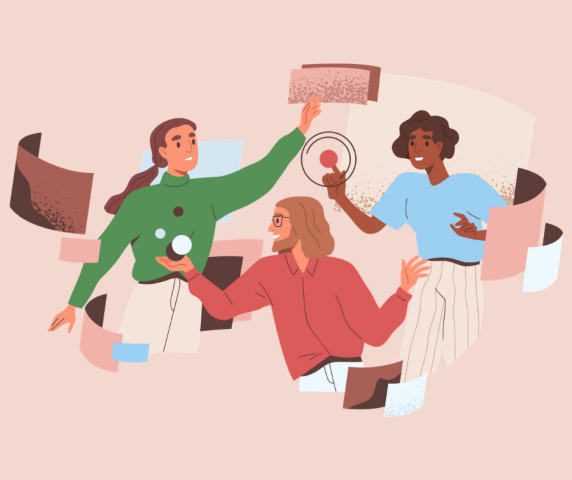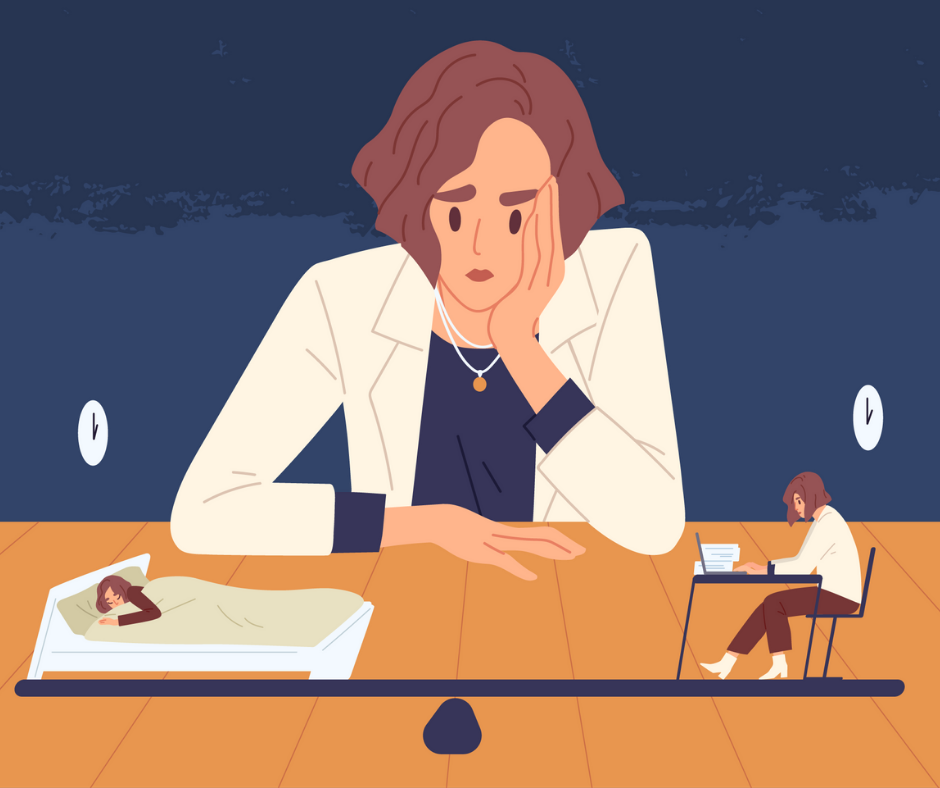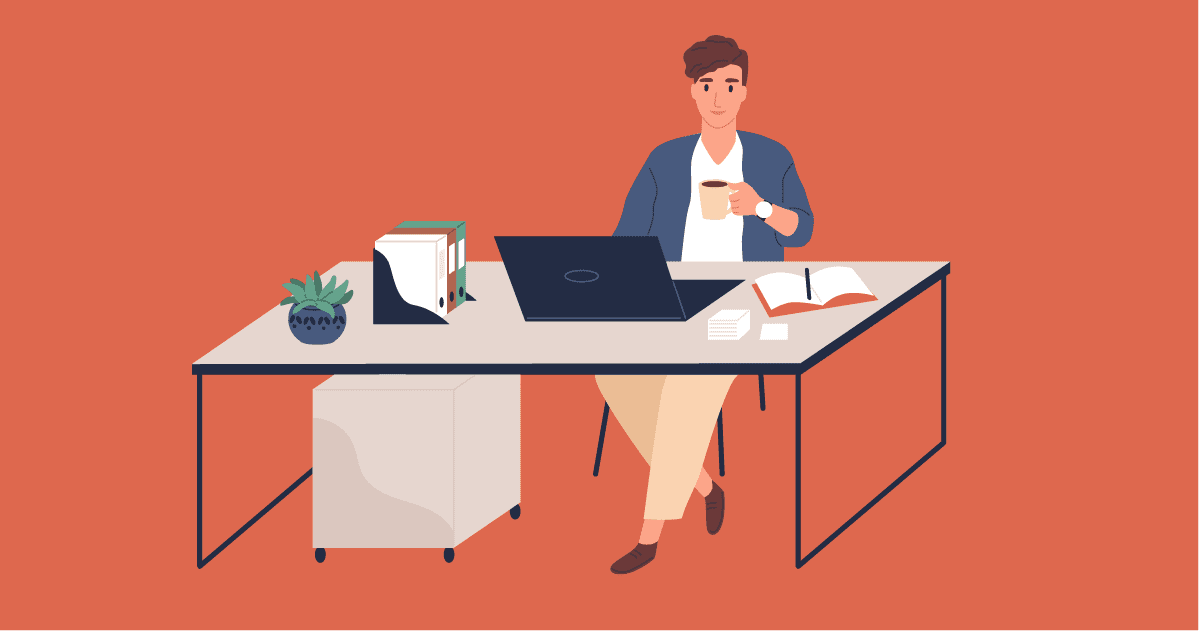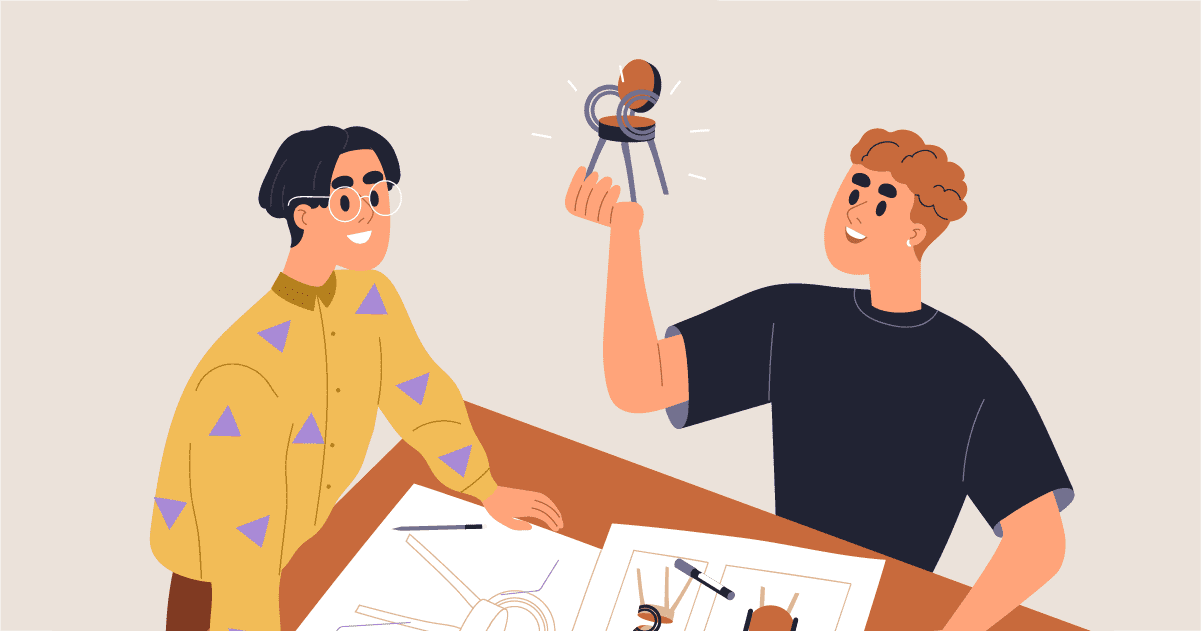- Guest Contributor
- May 3, 2021
There’s been a lot of talk in recent years about multi-tasking, and whether it’s even possible to do it effectively. While some people insist on multi-tasking throughout the day, a lot of research suggests that multi-tasking can actually slow down your productivity. For some people, this means that multi-tasking can only be done under certain circumstances, for others, multi-tasking is a bad idea altogether. Here’s what you need to know.
When Multi-Tasking Works
Multi-tasking works best when at least one of your tasks is an associative task – meaning it can be done at the same time as something else. Maybe you’re practicing a speech and walking on a treadmill at the same time. Walking is an associative task, so it can be done at the same time as another thing. You can also walk on the treadmill while taking a conference call, or having a phone meeting with a coworker.
Another example of multi-tasking: you can type and listen to a good song on the radio, as the author of this article is doing presently. These activities work because you can devote your brainpower to one task, while you perform the other task as a kind of background to the first task.
When Multi-Tasking Doesn’t Work
Multi-tasking doesn’t work when you have to think about both tasks at once. You can’t, for example, listen in on a meeting and write an email at the same time. You can pay attention to the meeting, or write the email – but trying to do both at the same time will likely just slow you down.
Do you find you have to stop performing one task to work on the other task? This isn’t multi-tasking at all. Your brain can only think about one thing at a time.
How to Make Multi-Tasking More Effective
A lot of people are better off just working on one task at a time. However, if you’re going to multi-task, these tips can help.
- Eliminate distractions. The more distractions there are in the room, the harder it will be to get your work done. Plan on making a lot of mistakes if you’re trying to multi-task in a noisy room.
- Check your work. The chances of making errors go up when you’re multi-tasking, so stop periodically to proofread, or evaluate the quality of your work.
- Check your progress. You might not be getting work done as quickly as you think you are, so check your progress from time to time. You may decide to stop and work on one task at a time if you’re not getting enough done.
About the Author: Kathryn Elwell grew up in the Midwest. She has experience in management and human resources, and has been writing on these topics and more for 12 years.










